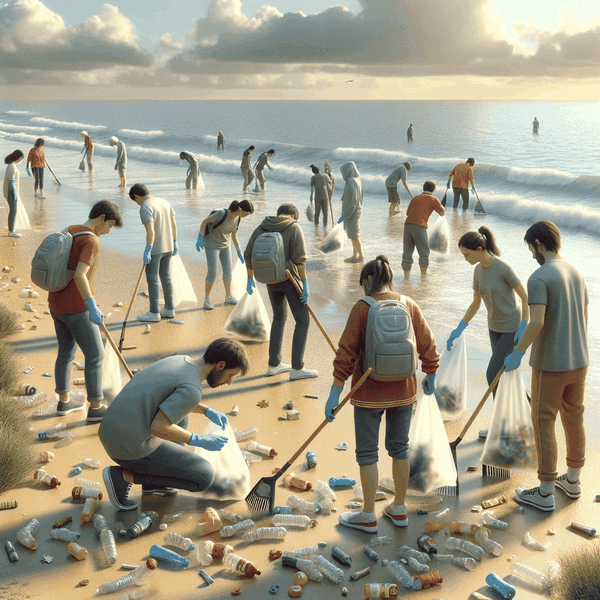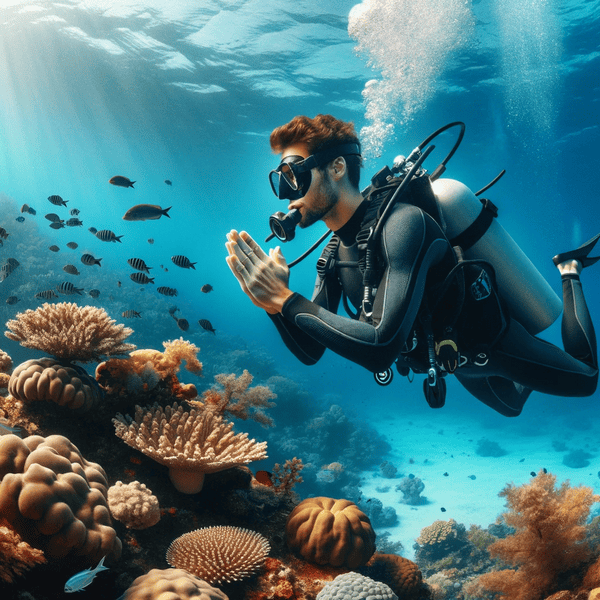Eco-Conscious Diving in Komodo: Protecting the Blue 🌊
Komodo National Park is a UNESCO World Heritage site and a beacon for divers. As its popularity grows, so does our responsibility. Learn how to dive sustainably and protect this fragile ecosystem.
Understanding the Fragility 🪸
Komodo's underwater realm is a patchwork of vibrant coral gardens, part of the Coral Triangle—known for having the highest coral diversity in the world. However, this rich marine life is susceptible to threats like coral bleaching, plastic pollution, and overfishing.

Responsible diving practices play a pivotal role in minimizing human impact and aiding in the preservation of this aquatic treasure.
Best Practices for Eco-Conscious Diving
1. Choose Responsible Operators
Your choice of dive center matters. Look for these criteria:
- Conservation Projects: Do they support local marine initiatives?
- Eco-Friendly Policies: Do they reduce waste and forbid single-use plastics?
- Education: Do they brief you on marine life behavior and environmental protection?
2. Minimize Physical Impact
Conscious diving starts with your skills.
- Buoyancy Control: Essential to avoid crashing into the reef. If you struggle, consider the Peak Performance Buoyancy course.
- Hands-Off Approach: Resist the temptation to touch corals or ride turtles. Maintain a "look but don't touch" mindset.
- Respect Restricted Areas: Stay clear of regeneration zones to allow marine life to thrive undisturbed.
We enforce a strict "No Gloves" policy. Gloves encourage touching, which harms marine life. Hooks are also discouraged unless absolutely necessary for safety in extreme currents.

3. Say No to Single-Use Plastics
Reduce your footprint. Bring a reusable water bottle. At Dragon Dive Komodo, we provide convenient refill stations on our boats and in our resort to ensure you stay hydrated without contributing to plastic pollution.
4. Use Reef-Safe Sunscreen
Chemicals like oxybenzone kill coral. Reef-safe sunscreens use mineral barriers (zinc oxide) that reflect sun rays without poisoning the water.
Our Gift to You: At Dragon Dive Komodo, we exclusively provide natural, reef-safe sunscreen, and we offer it complimentary to all our divers.

Dragon Dive Komodo is not just a dive center; we are guardians of the reef. We are proud to be:
By diving with us, you directly support active coral reef restoration projects, marine life research, and community education initiatives.
The Future of Komodo 🌟
Climate change and human impact pose ominous threats. But through education, awareness, and responsible tourism, we can shape the future.
Scuba diving in Komodo is an opportunity to connect with one of the most spectacular environments on the planet. Let us be mindful of our responsibility to leave a minimal footprint.
Join our Eco-Dives